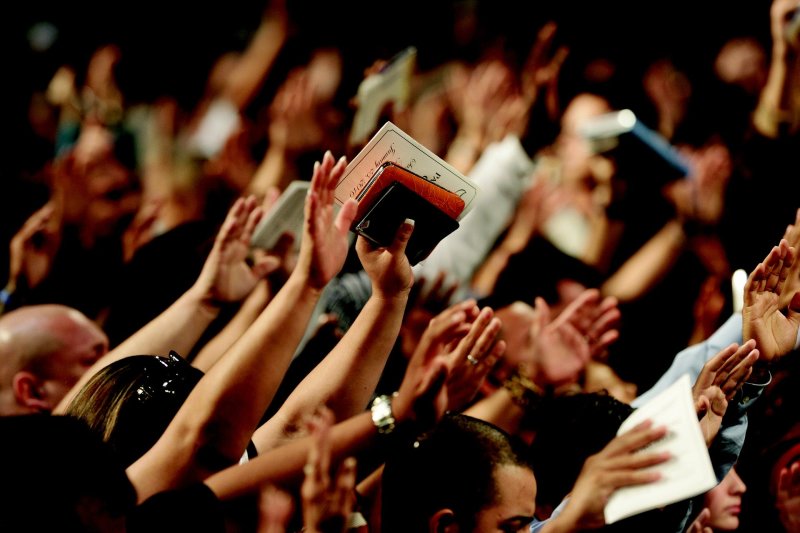
For the second consecutive year, Illinois has been recognized as the best state for religious liberty, according to a report released by the Center for Religion, Culture and Democracy. Although the state’s score slipped slightly from 82% to 81%, it continues to lead the nation due to its comprehensive legal protections for religious practices.
The report evaluated 16 distinct safeguards for religious liberty, highlighting Illinois' extensive measures that promote freedom of worship and belief. Notable protections include laws ensuring the ability to express religious views without fear of discrimination, as well as policies that protect the rights of various religious organizations.
However, the report did identify areas where improvements are needed, particularly concerning issues related to same-sex weddings and medical procedures. Advocates for religious liberty in Illinois have acknowledged the need for ongoing dialogue to address these contentious areas while maintaining a commitment to protect overall religious freedoms.
In contrast, West Virginia, which was rated the worst in the report, demonstrated some progress. The state's score increased from 14% to 24%, reflecting a growing recognition of the importance of religious liberty alongside the need for comprehensive protections.
The report also highlights significant variation in religious liberty safeguards across U.S. states. Exemptions to health insurance mandates are the most common safeguard. However, states like California, New York and Virginia lack comprehensive immunization exemptions.
While most states allow absentee voting for religious reasons, eight states, including New York and Texas, do not. Half of the states have a Religious Freedom Restoration Act in place.
Only 19 states permit clergy to refrain from same-sex weddings, and 18 protect houses of worship from forced closure. General conscience protections for healthcare workers are less common, available in just ten states.
Mississippi uniquely allows for-profit businesses to refuse services for same-sex weddings. Illinois leads in overall religious liberty safeguards, while states like West Virginia, California and New York rank among the lowest.
The findings of this year’s report reinforce the crucial role that political and civic dialogue plays in cultivating an environment where diverse religious traditions can coexist. Illinois’ commitment to its residents’ rights to practice their faith freely serves as a model for other states aiming to improve their own religious liberty frameworks.


















